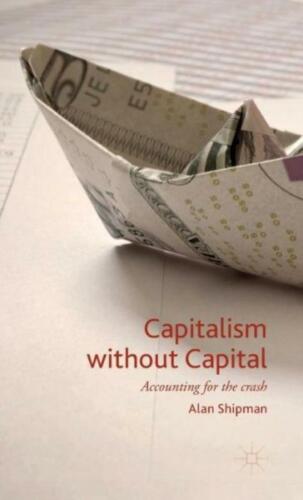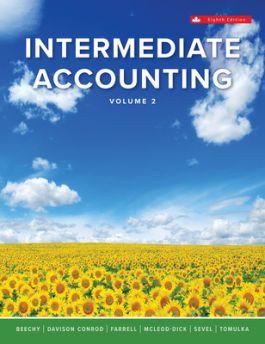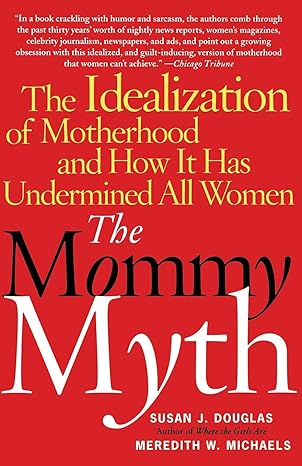Go back


Capitalism Without Capital Accounting For The Crash(1st Edition)
Authors:
Alan Shipman

Cover Type:Hardcover
Condition:Used
In Stock
Include with your book
Free shipping: April 04, 2024Popular items with books
Access to 3 Million+ solutions
Free ✝
Ask 10 Questions from expert
200,000+ Expert answers
✝ 7 days-trial
Total Price:
$0
List Price: $97.45
Savings: $97.45(100%)
Book details
ISBN: 9781137442437, 1137442433
Book publisher: Palgrave Macmillan The Limited
Get your hands on the best-selling book Capitalism Without Capital Accounting For The Crash 1st Edition for free. Feed your curiosity and let your imagination soar with the best stories coming out to you without hefty price tags. Browse SolutionInn to discover a treasure trove of fiction and non-fiction books where every page leads the reader to an undiscovered world. Start your literary adventure right away and also enjoy free shipping of these complimentary books to your door.
Capitalism Without Capital Accounting For The Crash 1st Edition Summary: An unusual consensus has developed among economists that the 'long boom' before 2008, and the subsequent crisis and recession, resulted from a global excess of capital. Over-supply of saving drive down capital costs, encouraging excessively risky investment and preventing the scrapping of outmoded plant. Capital's inexorable growth is also blamed for a prolonged squeeze on wages, rising elite wealth and worsening global inequality. This book explores the obvious clash between such arguments and actual measurements of capital, which show a small and shrinking 'productive' component, and a deepening disconnection between capital accumulation and economic growth. It traces the conflict to the continued absence of consistent definitions or measurements of capital, and neglect of the complex connection between aggregate capital and wealth. Capital 'gains' and 'losses', and the growing domination of income statements by balance sheets, undermine attempts to sidestep the problem by reconstituting economics as a system of flows.
Customers also bought these books
Frequently Bought Together
Top Reviews for Books
Tylor noel
( 4 )
"Delivery was considerably fast, and the book I received was in a good condition."










